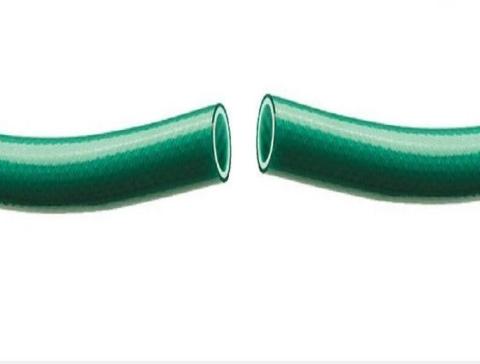PTFE hose, or Polytetrafluoroethylene hose, is a high-quality material used in industrial applications. It is extremely durable and can withstand chemicals, corrosive agents and high temperatures.
It is lightweight and can withstand high pressures. It can be attached to fittings using crimping and swaging processes. It is available in a variety of sizes.
abrasion resistant PTFE Hose price
PTFE hoses are used in a variety of applications. They are resistant to abrasion, can withstand high pressures, and can withstand high temperatures. They are also non-stick and self-cleaning, which will save you time and money on hose maintenance.
They can be used in various industries including pharmaceutical manufacturing, oil and gas, automotive, and mining. They can be used to transfer a wide range of fluids and are ideal for chemical processing.
These hoses are made by cold head extrusion, which uses a precise machine to create a smooth bore. They are also made with the highest quality tetrafluoroethylene powder.
In addition to being durable, they also offer great resistance to abrasion and kinks. This is particularly important for high-pressure hydraulics where abrasion can cause leaks and damage to the hose.
These hoses can also be used in autoclave sterilization, where they can be exposed to high temperatures and abrasions. These hoses are made with stainless-steel braids which make them resistant to these conditions. The covers can tear during long autoclave cycles.
abrasion-resistant PTFE hose quick connector
The PTFE hose quick connector, which is abrasion-resistant and PTFE hose, connects a teflon hose with another piece of metal. It has a 37-degree taper design for air tightness and can be used in many different applications.
Abrasion resistant hoses are designed for the delivery of abrasive materials like sand, grout, plaster, self leveling floor compounds, etc. These hoses can be used to replace cast iron pipes and are usually softwall.
These hoses are typically lighter and less flexible that thicker rubber hoses but can be extremely durable if used correctly. They are also much more affordable and can be a good alternative to heavier, rigid steel or aluminum hoses for certain types of applications.
Although stainless steel braided pipes are less popular than they were in the past, they are still useful for certain applications. These hoses use a CPE synthetic rubber liner surrounded by a thin stainless steel inner braid for strength, and are then wrapped in a thick, strong, and durable nylon outer braid.
These hoses are lightweight, flexible, abrasion resistant, corrosion resistant, and are compatible with fuels like ethanol and methanol. However, they are not as easy to route as other hoses, and can ground exposed wires. They are suitable for high pressure and temperature applications such as nitrous, brakes or E85, alcohol, transmission, and power steering.
advantages and disadvantages of wear-resistant PTFE hose
Because of its excellent chemical and temperature tolerances, PTFE hose makes a great choice for fluid power systems. It is also non-reactive, making it ideal for handling corrosive fluids and chemicals in a variety industrial applications.
The hose is also resistant to oil and water, which reduces friction during material transfers. This reduces wear on the hose's surfaces and increases its durability.
Flexible and adaptable, this hose can be used for different purposes. It can be used with a spring guard, spiral guard, or armor guard casing to increase the hose's flexibility quotient.
These hoses are also resistant against abrasion, mold, and fungus. They can be used in many types of applications such as pneumatic cylinders, vacuum pumps, and filtration systems.
Some of the drawbacks to wearing-resistant PTFEhose include:
Misapplication (hose is not designed for the application it is used in) or kinking near the end connection can damage the tube, which can lead to a hose rupture. Excessive hot or cold temperatures can also cause discoloration and cracking.
PTFE hoses are also non-reactive, which makes them a great choice for the dairy, food or beverages, and pharmaceutical industries. Because they have strong carbon-fluorine links, they are non-reactive. They are also suitable for dealing with acids, alkalis, and other highly reactive chemicals in chemical plants.

